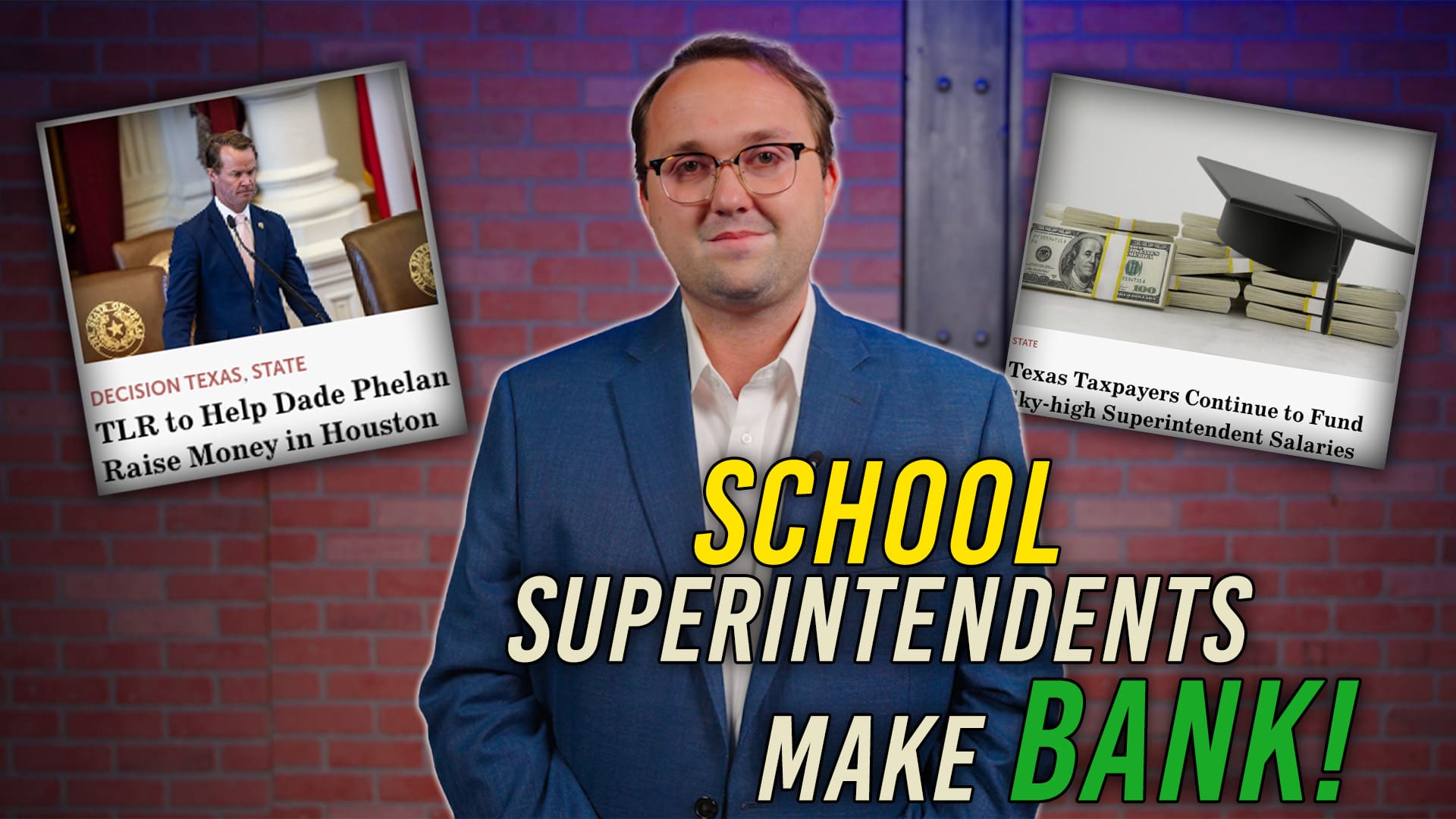Turn on the TV, listen to the radio, or read a news article online, and odds are you’ll encounter something about healthcare in America.
The Affordable Care Act. Obamacare. Medicaid expansion… they’re all terms at the forefront of people’s minds, and rightfully so.
Discussing how Americans, and specifically Texans, are going to receive medical services is important, but there’s one thing we all must remember: healthcare and health insurance are unequivocally different.
Healthcare represents the services you receive when going to the doctor for normal everyday issues, while health insurance is the preparation for possible future calamities.
Using the terms “healthcare” and “health insurance” interchangeably proves either ignorance or purposeful deception.
A true understanding of the term “healthcare” negates objection to the fact that if you live in the United States, you have healthcare and did so even before Obamacare.
When we turn our focus to medical services in Texas, the big issue continues to be Medicaid expansion. We’ve detailed why expanding this program is a bad idea for the Lone Star State, but some people are still suggesting we pursue this option.
Medicaid expansion is yet another typical big-government solution for a big government problem: a little money now for massive costs in the future.
A refresher on the side effects of Medicaid expansion:
– People whose income is at or under 138% of the federal poverty level would be eligible for Medicaid, costing the state an estimated $87.5 billion over the next decade.
– Expansion would increase Medicaid reimbursements for primary care physicians to Medicare levels. The difference will be picked up by the federal government, but only for two years. After that, Texans will have to foot the bill.
– Federal dollars will only be used to match new Medicaid participants, not the existing Medicaid population — which already consumes roughly 25% of the state’s budget.
Medicaid is a disaster for both patients and doctors, and the desire for expansion is shortsighted. This likely stems from a general misunderstanding of the medical system, and a more precise confusion on the different functions of healthcare and health insurance.
Politicians and special interests have purposefully distorted public perception of the nature of health insurance, and the purpose it serves.
No type of insurance is built to cover routine maintenance costs. Health insurance was created for people to pool resources in case of a catastrophic event; checkups and birth control aren’t that.
The same way auto insurance doesn’t cover routine car repairs, health insurance isn’t meant to pay for everyday medical expenses. But that’s what it’s become.
Obamacare is less about insuring against unpredictable future costs and more about taking money from some people to pay for routine medical costs of others.
In any form of insurance, low-risk groups of people subsidize high-risk groups of people. We all understand this.
The difference with Obamacare is we’re required to buy insurance in a market where risk is essentially no longer taken into account. Thus, lower risk individuals face higher costs with no way out.
Risk-based prices in a competitive market incentivize people to lower their own health risks (better diet, exercise, checkups, etc). Obamacare does the opposite. When people aren’t incentivized to lower their own health risks, costs unavoidably rise for everyone.
Premiums, copays and deductibles are rising under Obamacare, which shouldn’t come as a surprise to anyone who understands math.
Obamacare and Medicaid expansion put both Texas residents and doctors in a system that is unsustainable. With no future planning for the massive increase in costs, these programs will ultimately hurt Texans’ health and their pocketbooks.
Big-government solutions: a little money now for huge costs in the future.
Major reforms are needed in our healthcare system, no one disagrees with that. But blurring the lines between healthcare and health insurance only leads to less affordable and accessible medical services for all.
Texans must resist the urge to expand Medicaid and continue the fight to ensure that the interests of normal Texans come before those in Austin and Washington, D.C.





